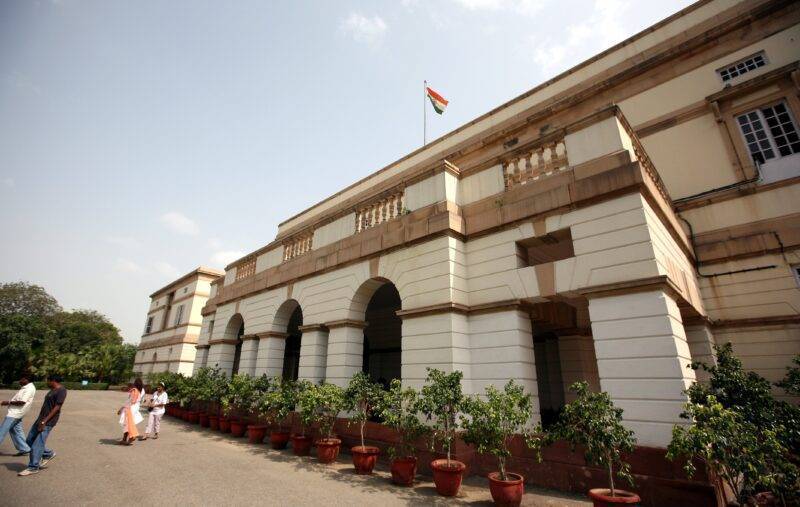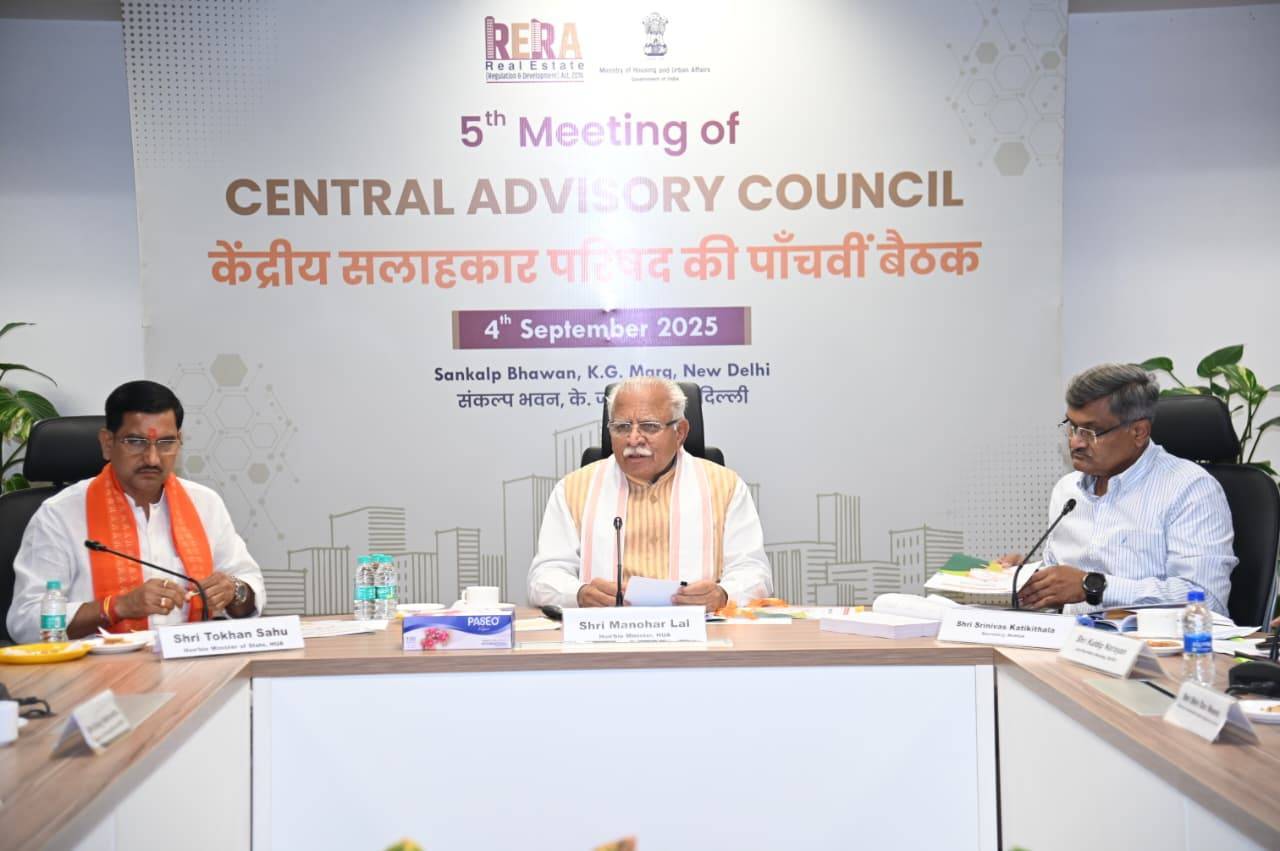In a significant relief for property-owning families, the Uttar Pradesh Cabinet approved a maximum of ₹5,000 for stamp duty and registration fees on property partition deeds. The move replaces the earlier system, where property partitions attracted 4% stamp duty and 1% registration fee on the property’s market value, which often discouraged families from registering deeds and led to prolonged disputes in civil and revenue courts.
The decision is aimed at simplifying the process of property division, reducing litigation, and facilitating amicable settlements among family members. Officials stated that the new cap is expected to update land and revenue records more efficiently and make properties more easily transferable in the real estate market.
Previously, high charges and complex procedures often delayed partition registrations, leaving families vulnerable to legal disputes. By limiting stamp duty and registration fees to a fixed amount of ₹5,000, the government anticipates a smoother process that encourages transparency and legal clarity.
The official statement highlighted that while the change may initially cause an estimated revenue loss of ₹5.58 crore in stamp duty and ₹80.67 lakh in registration fees, higher registration volumes over time are expected to offset the loss and potentially increase revenue. Similar systems implemented in states such as Tamil Nadu, Karnataka, Rajasthan, and Madhya Pradesh have shown positive results, suggesting that the move in Uttar Pradesh could strengthen both legal certainty and family harmony.
Property experts indicated that the cap will likely reduce disputes that frequently escalate to civil and revenue courts, providing families with a faster and more predictable resolution process. The simplified procedure also allows land records to remain current, preventing complications in future transactions and inheritance matters.
The government has emphasized that all partition deeds registered under this scheme must comply with standard legal procedures. Families are encouraged to approach local sub-registrar offices for guidance and ensure proper documentation to benefit from the reduced fee structure.
This measure comes at a time when Uttar Pradesh’s real estate sector is witnessing steady growth, with increased urbanization and property transactions. By reducing the cost and administrative burden associated with partition deeds, the state aims to streamline property ownership processes, protect citizens’ interests, and promote smoother transfers of assets.
Image source- freepik.com









.png)